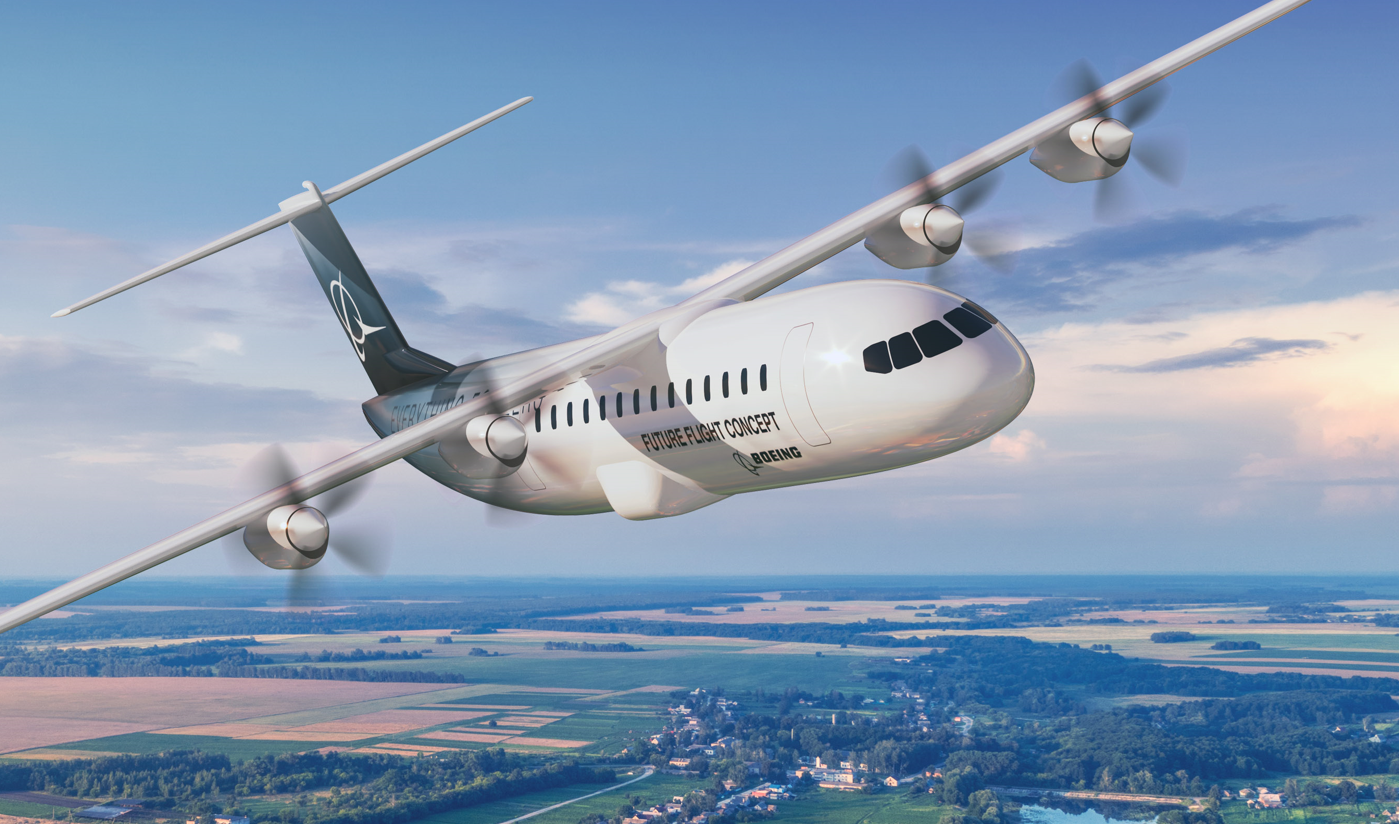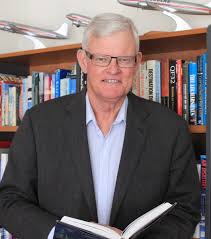BOEING UNVEILS EMISSIONS MODELING TOOL
18 July, 2022
3 min read
By joining our newsletter, you agree to our Privacy Policy


Boeing has unveiled a new data modeling tool, Cascade, to show the most effective scenarios for reaching the industry goal of zero emissions impact by 2050.
Boeing Chief Sustainability Officer Chris Raymond said “there are multiple ways to a future where aviation has zero climate impact. We created Cascade on a foundation of credible data and analytical models to allow users to explore
various pathways to net-zero.
"We think this model will help our industry visualize, for the first time, the real climate impact of each solution, from beginning to end, and to inform the most probable and effective strategies.”
The tool appraises Boeing’s major paths to decarbonize aviation and their potential power to reduce emissions through:
• Airplane fleet renewal
• Renewable energy sources such as sustainable fuel, hydrogen, electric propulsion
• Operational efficiency improvements
• Advanced technologies
The Cascade model assesses the full lifecycle impacts of renewable energy by accounting for
the emissions required to produce, distribute and use alternative energy carriers such as
hydrogen, electricity, and Sustainable Aviation Fuels (SAF).
Boeing says it plans to utilize the Cascade tool with airline operators, industry partners, and policymakers to inform when, where, and how different fuel sources intersect with new aircraft designs.
“We have to take a holistic view to decarbonization,” said Raymond.
“And when we do that, it is clear that sustainable aviation fuel (SAF) is a necessary lever. We know it will take a ‘SAF
and’ approach and not a ‘SAF or’ approach to achieving net-zero by 2050.”
As part of the ‘SAF and’ approach, Mr Raymond said that Boeing continues to advance the safety and viability of
other renewable energy sources and their use on aircraft.
Since the mid-2000’s, Boeing has conducted six hydrogen technology demonstrations with crewed and uncrewed aircraft using hydrogen fuel cells and combustion engines.
Last year, Boeing successfully tested a cryotank designed for space with the capacity to hold 16,000 gallons of liquid hydrogen or the energy equivalent of the Jet A fuel in a typical regional jet.
Boeing has also invested in electric-powered aircraft through its joint venture Wisk, which is working to bring to market the first all-electric, autonomous air taxi in the U.S. Wisk’s current all-electric, eVTOL aircraft has conducted more than 1,600 successful test flights.
Boeing has also shared illustrative ‘Future Flight Concepts,’ depicting potential hybrid, electric and hydrogen-powered aircraft.
Brian Yutko, Boeing chief engineer and vice president of Sustainability and Future Mobility said “our common goal is to enable the societal benefits of air transportation while reaching zero climate impact on our planet. To make that a reality, we believe it is best to learn and share our findings broadly, based on a foundation of data, scientific research and collaboration, as we work together to decarbonize aviation."
Get the latest news and updates straight to your inbox
No spam, no hassle, no fuss, just airline news direct to you.
By joining our newsletter, you agree to our Privacy Policy
Find us on social media
Comments
No comments yet, be the first to write one.


